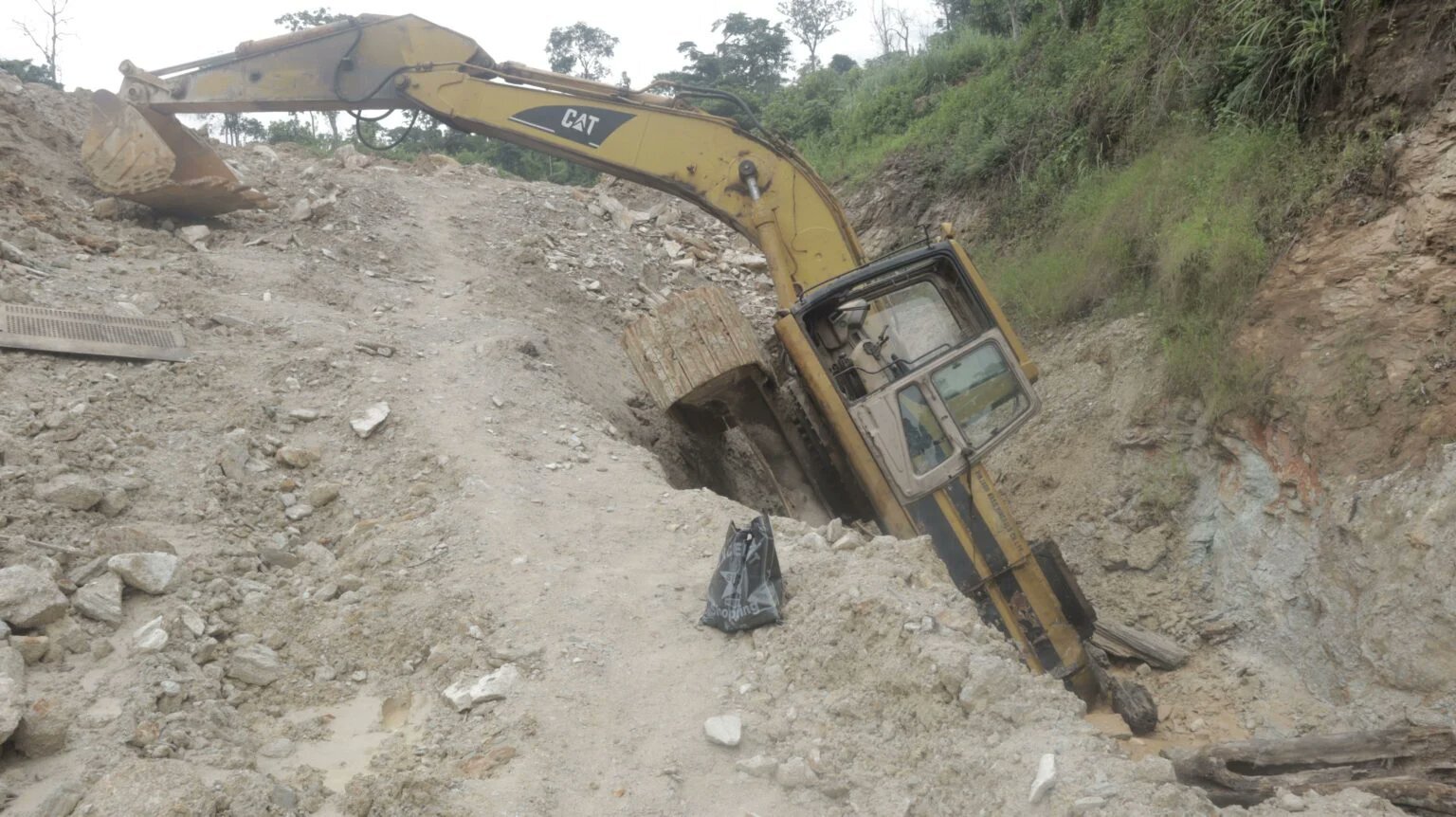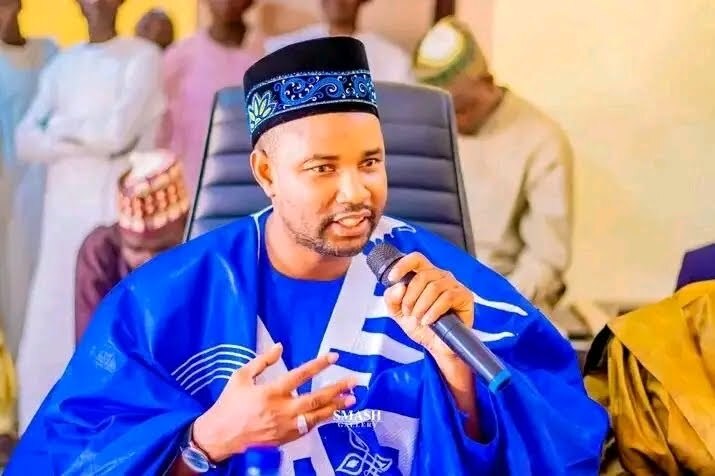FEC Okay N2.5bn To Procure Satellite Technology To Combat Illegal Mining
The federal executive council (FEC) has approved a N2.5 billion budget for the procurement of satellite technology to tackle unlicensed and unregulated mining operations in the country.
Alake, the minister of solid minerals development, briefed State House correspondents at the end of the FEC meeting presided over by President Bola Tinubu.
“The satellite equipment will be installed in strategic locations to provide real-time visual monitoring of mining operations nationwide,” the minister said.
“This technology will enable us to track mineral extraction, monitor truck movements, and assess security conditions at mine sites.
“Our approach has been two-pronged: persuasive and coercive. We have encouraged artisanal miners to form cooperatives, which has led to the formation of over 300 legalised societies.
“However, for those who remain recalcitrant, we have established the mining marshals to apprehend and prosecute illegal operators.
“Once these miners become legalised and structured, they can access financial institutions for loans, expand their businesses, and contribute meaningfully to the nation’s revenue.”
Alake said the satellite technology will be linked to a central command centre, allowing authorities to monitor activities at the click of a button.
The minister added that the technology will significantly improve efforts to combat illegal mining activities and ensure responsible and sustainable exploitation of mineral resources.
Alake said state governments are increasingly interfering in mining activities, posing a challenge to federal authorities’ efforts to regulate the sector.
“There have been cases of interference by states in mining activities. If there is an infraction in a state, the governor must consult us before taking action,” he said.
“We investigate and either act directly or authorise the state to act under federal cover.”
He noted that the government is working with Nuhu Ribadu, national security adviser, and the ministry of defence to curb illegal operations.
Alake said efforts to combat illegal mining have led to the apprehension of 320 illegal operators.
According to the minister, 150 are facing prosecution, nine have been convicted, and four foreign nationals have been prosecuted and convicted.
Alake said Nigeria has lost trillions of naira to unregulated and illegal mining activities, adding that the federal government’s control over the gold mining industry is being limited by state influence, resulting in lost revenue.
To address the challenge, he said the government is cooperating with state governors and offering alternatives such as special purpose vehicles (SPVs) to ease tensions and encourage state participation.
‘FG TO DEPLOY SATELLITE TECHNOLOGY TO COMBAT ILLEGAL MINING ACTIVITIES’
The minister said Nigeria has lost trillions of naira due to underreporting, illegal mining operations, and the challenges of monitoring its vast territory, describing the scale of losses as “mind-boggling”.
“A very elementary, non-scientific estimate we conducted in 2023 immediately after we assumed office revealed trillions of naira lost through unregulated, under-reported, and unlicensed mining activities,” he said.
“You should not ask how much the nation has gotten from gold; you should ask how much the nation has lost in gold. It is humongous, unheard of.”
Alake said the federal government will deploy satellite surveillance technology within the next month to monitor mining activities across the country, tackling revenue leakages and enhancing security.
The minister added that the initiative will enable the government to track operations even in remote locations, identify revenue leakages, and plug them to increase revenue flow.










